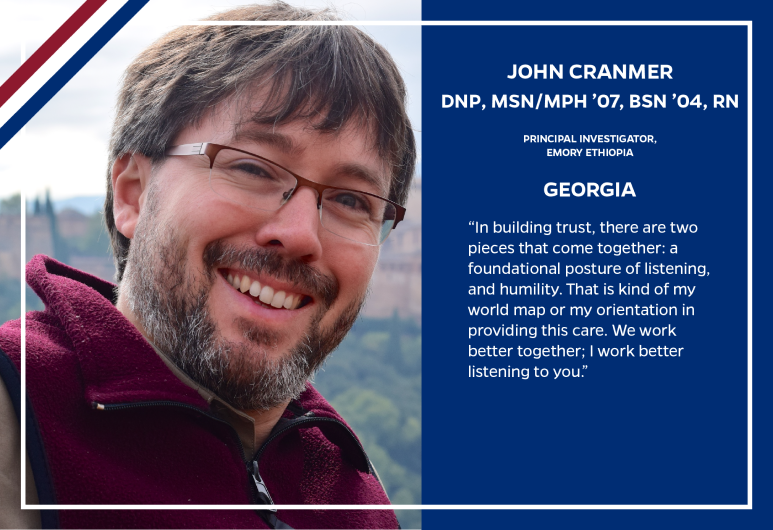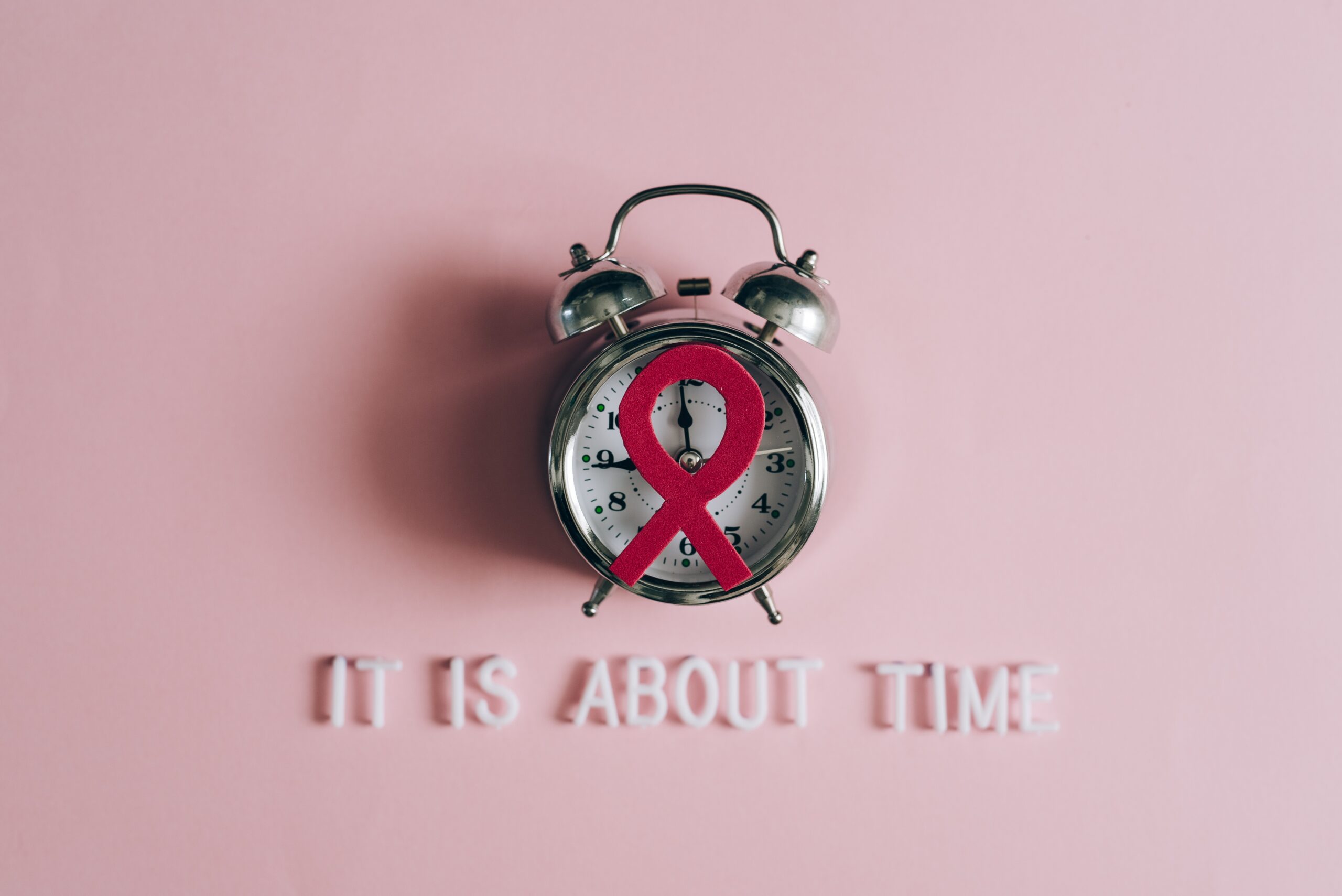“This strain of tuberculosis (TB) is XDR-TB – extremely drug resistant tuberculosis– and is, as the name implies, highly resistant to the standard treatments,” says professor and TB/HIV expert Jason Farley, PhD, MPH, ANP-BC, AACRN, FAAN.
HIV weakens the immune system, increasing the risk of TB in people with HIV. Dr. Farley’s Center, The REACH Initiative, is currently enrolling patients in a clinical trial in South Africa, which includes patients diagnosed with many different types of TB, including XDR-TB.
According to the New York Times, “Tuberculosis has now surpassed AIDS as the world’s leading infectious cause of death, and the so-called XDR strain is the ultimate in lethality. It is resistant to all four families of antibiotics typically used to fight the disease.”
On Wednesday, the FDA approved a new treatment regimen that includes bedaquiline, pretomanid and linezolid.
Scientists Discover New Cure for the Deadliest Strain of Tuberculosis
From Dr. Farley:
This is truly a game changing regimen.First, the old XDR-TB regimen was over 30 tablets per day for most patients. Now the total pill burden of the regimen is five pills per day (plus several B6 tablets to prevent a serious side effect called peripheral neuropathy).
Second, the treatment duration has been reduced from nine-12 months down to six months. That makes treatment duration for XDR-TB consistent with TB strains that are not antimicrobial resistant.
Finally, the treatment success seen with this regimen is substantial. In the trial leading the FDA to approve the regimen, 89 percent of XDR-TB patients were cured. In older XDR-TB regimens, treatment was often fatal, with the best outcome being 50 percent survival in many studies.
Dr. Farley continues, “This regimen, while lifesaving, comes with a host of side effects and potential for treatment-related toxicity. Symptom identification and early management will be critical to avoid non-adherence.”
XDR-TB is an antimicrobial-resistant form of TB, and further drug resistance to this regimen can—and will—emerge if patients do not adhere throughout their six months of therapy.
“We must identify ways to assist the patient to be adherent. These challenges are exceptionally important and are a major focus of the Johns Hopkins School of Nursing’s REACH Initiative and our work in South Africa,” says Dr. Farley. “Our newest study will enroll patients with all forms of TB and will randomize them to a mHealth-enabled community health worker intervention to improve adherence.”
Read more:
- The CDC Asks On-The-Ground Experts for Ideas to End the HIV Epidemic. The REACH Initiative Weighs In.
- He Who Hesitates: All-Male African Clinic Fights HIV a New Way
- Rising Hopkins Nurses Are Shaping the Next Generation of HIV/AIDS Research

ABOUT THE AUTHOR: SYDNEE LOGAN
Sydnee Logan is the Social Media and Digital Content Coordinator for Johns Hopkins School of Nursing. She shares what’s going on here with the world.

 Nurse Edith Brings Primary Health Care to Everyone in Rural Nigeria
Nurse Edith Brings Primary Health Care to Everyone in Rural Nigeria Help Is on the Way
Help Is on the Way ‘Collaborative Practice’
‘Collaborative Practice’ Q&A with Yen Nguyen, first DNP/PhD Graduate
Q&A with Yen Nguyen, first DNP/PhD Graduate Inequity kills the dream of ending the HIV/AIDS epidemic
Inequity kills the dream of ending the HIV/AIDS epidemic







